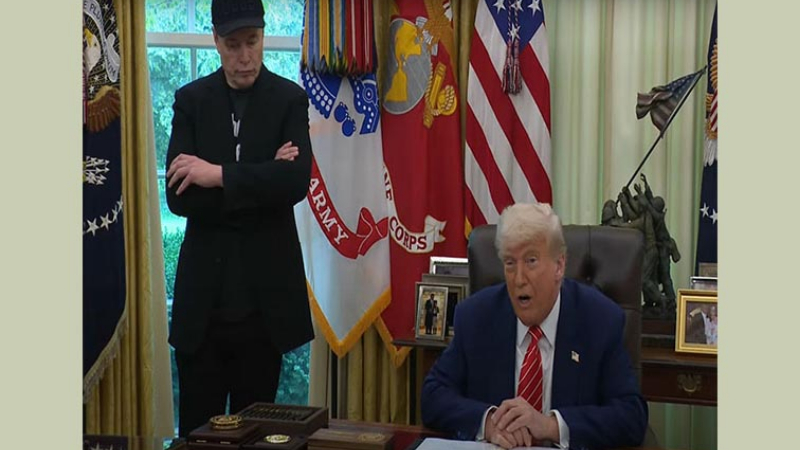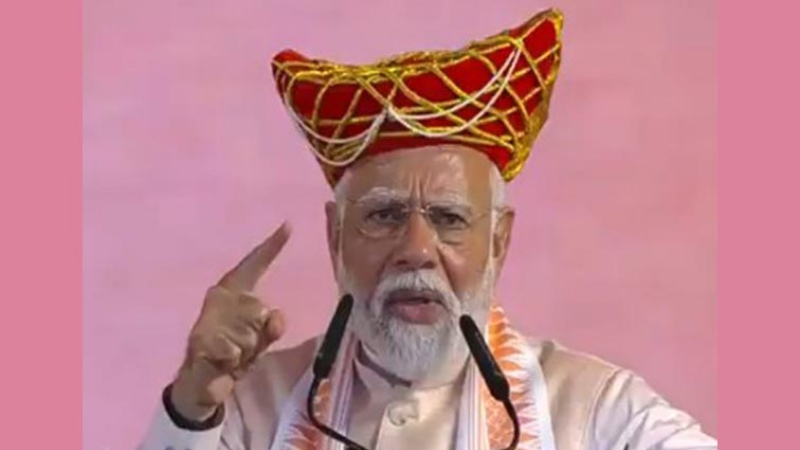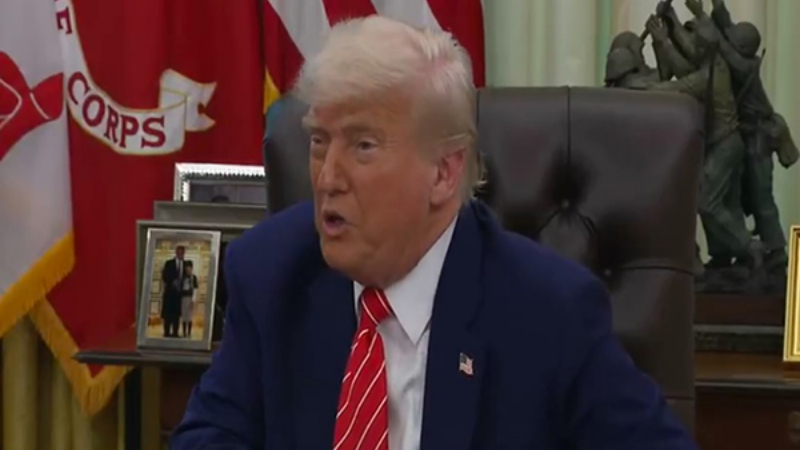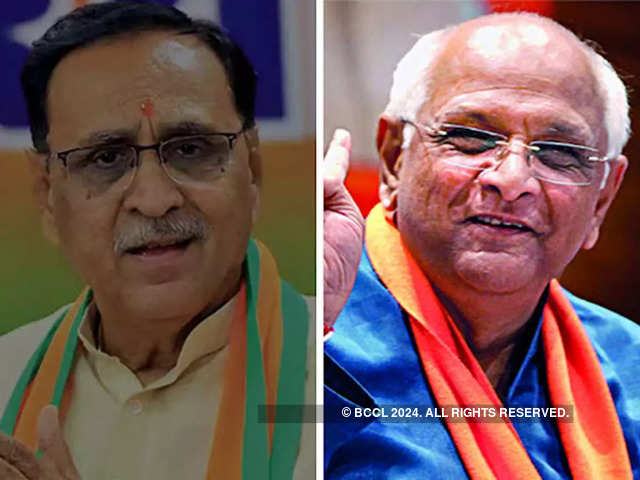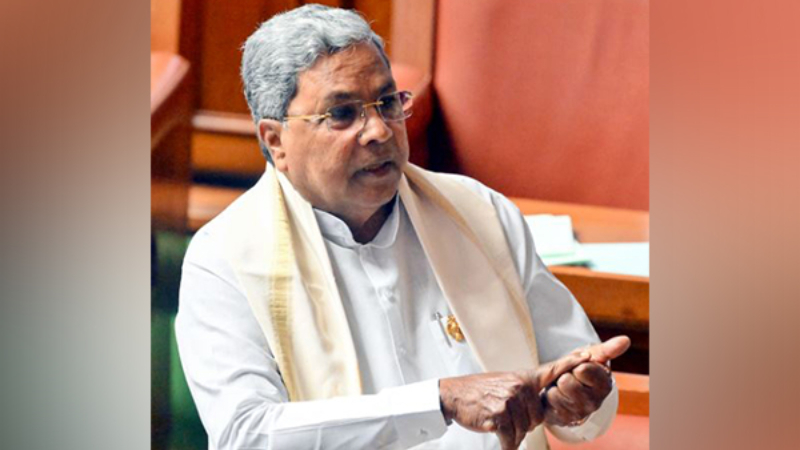The SC orders to dissolve marriages on the grounds of irretrievable breakdown of marriage on certain conditions
The Supreme Court has issued an order to dissolve marriages on the basis of "irretrievable breakdown of marriage, where the parties will not be referred to a family court where they must wait for 6-18 months for divorce by mutual consent.
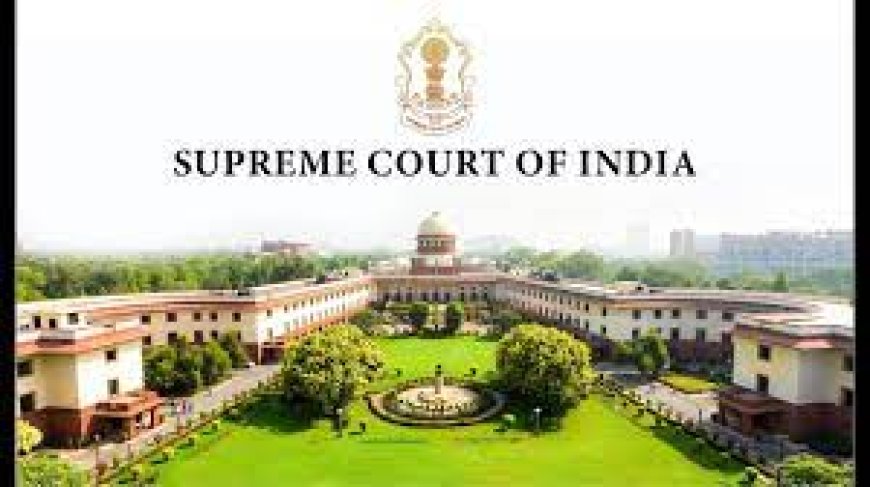
The Supreme Court has issued an order to dissolve marriages on the basis of "irretrievable breakdown of marriage, where the parties will not be referred to a family court where they must wait for 6-18 months for divorce by mutual consent.
The bench comprising Justices JK Maheshwari, SK Kaul, Sanjiv Khanna, AS Oka and Vikram Nath said that factors have been laid out to determine when there will be an irretrievable breakdown of marriage
The bench also ruled that it can exercise it's plenary power to do justice under Article 142 of the Constitution to dissolve a marriage under circumstances where the couple cannot get back together.
What is irretrievable breakdown of marriage and what are the factors that can determine it?
The irretrievable breakdown of marriage means that the marriage has damaged to such an extent from where the couple cannot reunite and they cannot live together as husband and wife.
The factors laid down by SC are the following-
The duration of cohabitation following marriage
the nature of allegations exchanged between the parties and their respective family members
the orders issued during the legal proceedings, and the overall impact on their personal relationship are key factors to consider.
It is also important to ascertain whether any attempts were made to settle the disputes either through court intervention or mediation, including the most recent attempt.
Additionally, a separation period of six years or more can be a significant factor to take into account.
What is Article 142 of the Constitution?
Under this Article, the Supreme Court has power to exercise its jurisdiction and pass an order for doing complete justice in any cause or matter pending before it.
The Article 142 states that, "The Supreme Court, in the exercise of its jurisdiction, has the authority to issue necessary decrees or orders to ensure absolute justice in any ongoing cause or matter. Such decrees or orders shall be enforceable across the entire territory of India, according to the provisions set forth by Parliament in relevant legislation."
The article was invoked in previous cases of Babri Masjid and Bhopal Gas tragedy.
What is the current procedure of seeking a divorce?
Under Section 13B of the Hindu Marriage Act, the couple can seek divorce by mutual consent. The parties must together file a petition for the divorce to the district court on the condition that the couple is living separately for a period of one year or more and they cannot live together and mutually they have decided to dissolve the marriage.
Under Section 13B(2), The court has the authority to issue a divorce decree, officially terminating the marriage from the date of the decree. This can occur if both parties make a motion no earlier than six months after the date the petition was initially filed and no later than eighteen months after that date. If the petition is not withdrawn during this period, the court will conduct a thorough inquiry and hear from both parties to determine if a valid marriage took place and if the claims made in the petition are accurate.

